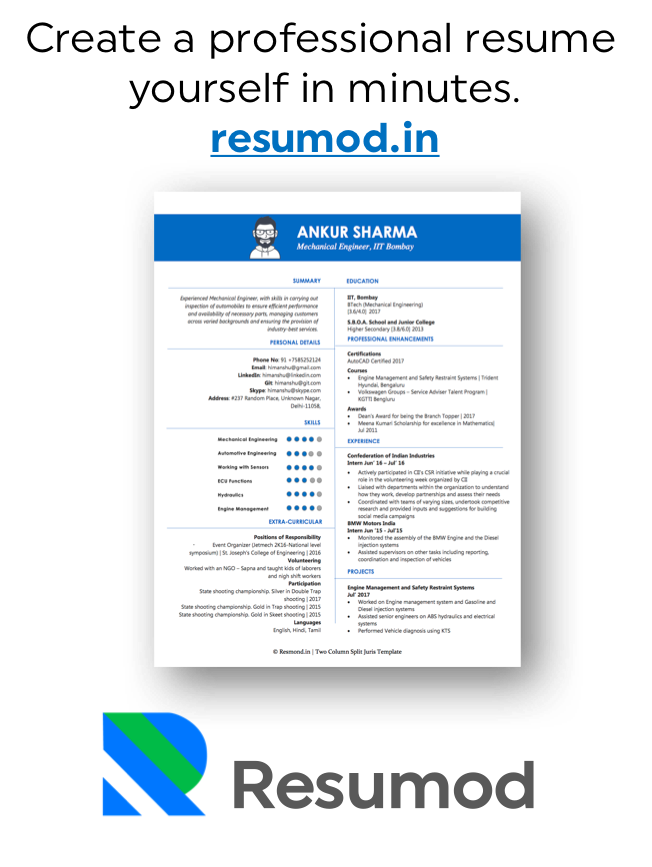This is a guest post by Rama Eriksson from FindCourses
Maybe you’re stuck in a job that just isn’t you. Possibly, you feel unfilled (or fed up!) from years spent in the same profession and crave something new. You might even be looking for a way to boost your paycheck or lower your stress.
There are many reasons behind wanting a career change. The Covid-19 pandemic seems to have stirred people’s “what am I doing with my life” angst. If you’ve been flirting with the idea of a career change this past year, you’re not alone.
According to a survey conducted by findcourses.co.uk, more than a third (35%) of people are actively looking to change careers. Remarkably, an unbelievable 89% of people who are happy in their current roles are also contemplating a change in career.
It’s an incredibly brave path you’re embarking on. To make the most of your credentials and years in the trenches, you’ll want to do some research and get your house in order to optimize your chances of landing the new right job for you.
Do Your Research
Browsing through job sites like LinkedIn or monster.com can help you target companies, sectors, and even job skills. A read through of posted job requirements can make any career changer’s heart sink and motivation wane.
Try to read through the lines of what’s stated and focus on transferable skills and relevant experience. You’re probably more qualified than you realise. A good tip is to re-write your resume in such a way so as to really make your transferable skills stand out.
At a minimum, reading job descriptions is a good exercise to uncover the skills you need to work on. In fact, a vast majority of respondents (83%) in the study recognise that they need to learn something new in order to change careers.
You may find that you become more marketable if you take a course specifically-related to the skills employers are looking for for your chosen position. For most, even a refresher in basic communication training or office software systems can do wonders for setting yourself and your experience apart from other candidates.
Look into Funding
In response to the pandemic, many national governments have set up opportunities for training subsidies. (In the United States, you would look for these programs at the state level rather than the federal level.) Regardless, there are funding options available to help people change careers. It’s worth your time– and money in your bank account– to investigate.
Some organizations may even offer opportunities for on-the-job-training in an apprenticeship or internship position. If you’re changing industry, these positions are an excellent way to get some valuable career-relevant experience. You’ll also learn the industry, the lingo, best practices, special software or tools, and create industry-specific contacts.
Network, Network, Network
Using your contacts to find or recommend you to a job is one of the most important things you can do as part of your career change journey. If you’re not comfortable with approaching people and asking for help, maybe a course in communication skills can give you a confidence boost.
Think about all the people you know– your work colleagues, school chums, your kids’ friends’ parents, suppliers, clients, and their friends– each one of them might be the source of a job lead for you. You will never know if you don’t ask or inform them of your new situation.
Your network is always important but in the case of a career change, the contact is vouching for you and your continued success in a new career. Hiring managers and recruiters prefer the least risky option. Your application will carry with it the halo effect of coming in from a trusted source, regardless of whether you tick all the qualification boxes.
You’re on the verge of a new career journey. It’s an incredibly brave and rewarding pursuit you’re undertaking! With a little research, you can set yourself up for career change success.



